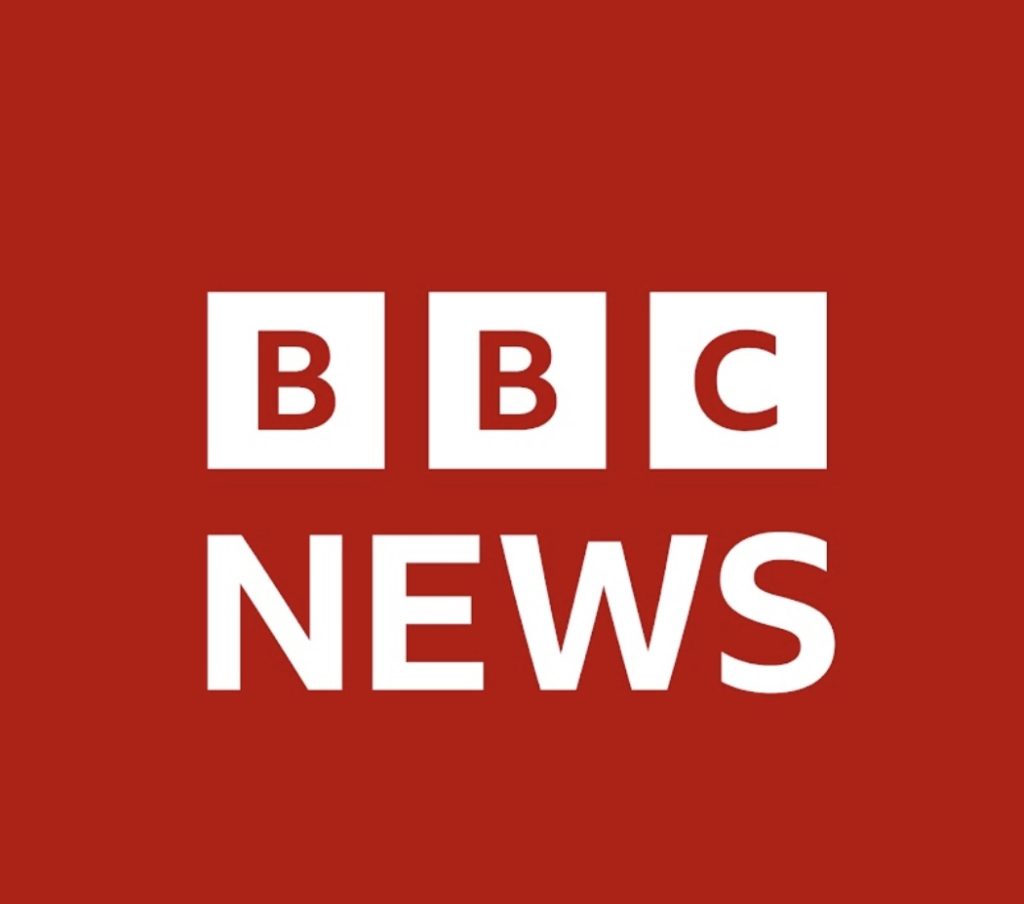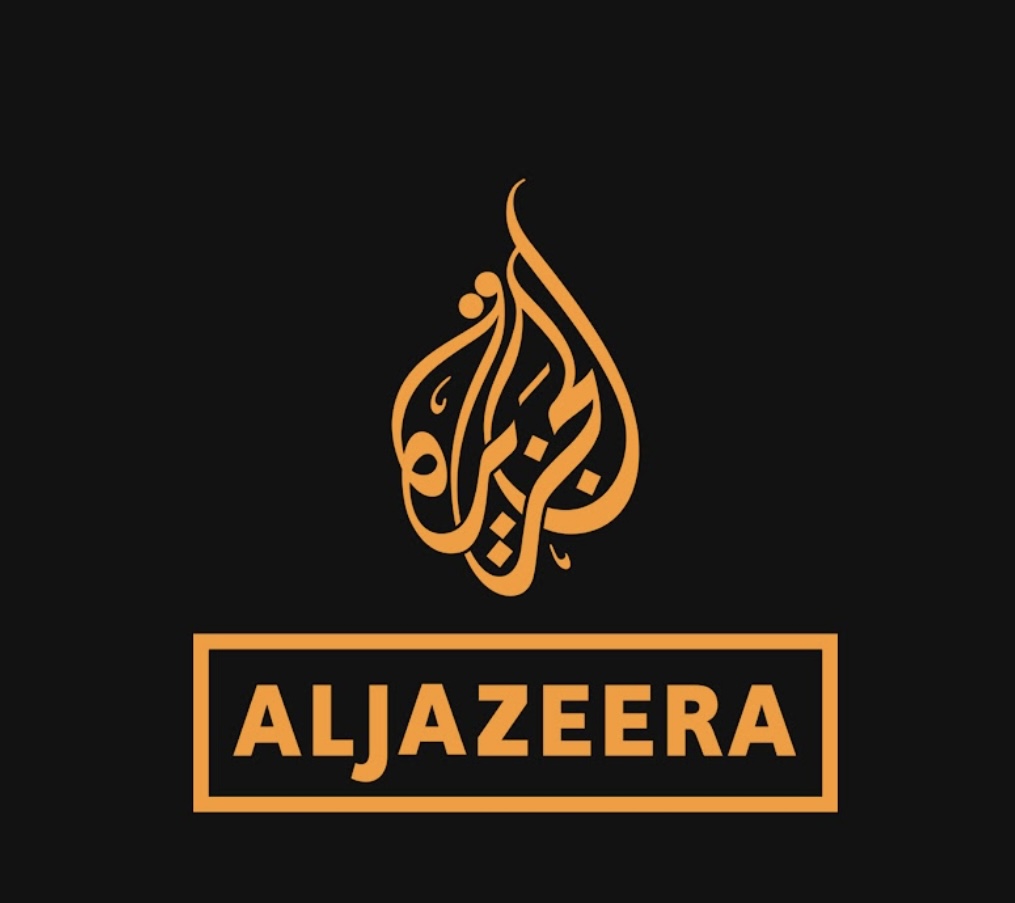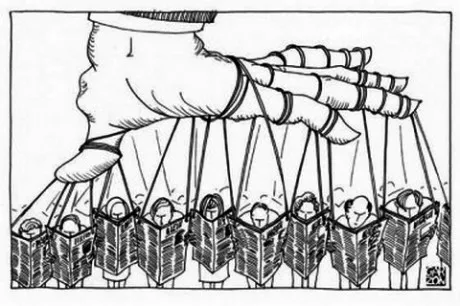In today’s world, media plays a vital role in shaping public opinion. In the book Manufacturing Consent, Edward S. Herman and Noam Chomsky explained how media can act as a power tool, influencing people’s thoughts and beliefs. But how does this manifest in the 21st century? Let’s explore some real-world examples from different parts of the globe.
Democratic Media or Driven by Interests?

The BBC is often seen as a model of democratic journalism. Since it is funded by licensing fees and aims to serve the public, it appears neutral and independent. However, even the BBC is not free from accusations of bias. During the Brexit referendum in 2016, it was criticized for both its excessive neutrality, which masked misinformation, and for promoting biased narratives. According to Chomsky and Herman’s theory, the BBC serves as an example of media that, despite seeming independent, operates within a system that protects the interests of dominant political and social groups rather than providing objective information.

Al Jazeera, on the other hand, has a more controversial reputation. While it is known for high-quality reporting and exposing uncomfortable truths in Europe and the United States, it is often accused of favouring the interests of the Qatari government. During the Arab Spring (2010-2012), Al Jazeera strongly supported revolutionary movements but avoided criticizing Qatar. This example perfectly demonstrates how even global media can serve as tools for promoting national interests. According to Chomsky’s theory, these media outlets apply a filter that determines which information will be made public and which will be censored in the name of governmental interests.
Social Media: A New Tool of Influence
Social media platforms like Facebook, Twitter, and TikTok also have a big impact on our beliefs. Through algorithms, they tailor content to the views of their audience, creating information bubbles that limit our view of the world. For example, in the US election campaign, social media was dependent on promoting messages reinforcing fear and reluctance in voters’ choices. This perfectly aligns with Chomsky’s theory that social media, like traditional media, is used to manipulate public opinion in pursuit of the interests of political and economic elites.
Why Is This Important?
Understanding how media influences our thoughts is crucial so that we don’t fall victim to manipulation. Independent journalism and a critical approach to our content are more important than ever. In a world where media can serve both society and those in power, it is important to be aware of who and why is shaping the messages we receive. The theory of Manufacturing Consent teaches us not to passively accept information but to recognize the mechanisms behind it and its potential influence on our beliefs.
Reference:
- Herman, E.S. and Noam Chomsky (1988). Manufacturing Consent. Pantheon
- BBC (2024). Learn more about what we do. [online] Bbc.com. Available at: https://www.bbc.com/aboutthebbc
- Chalk, S. (2019). The BBC, Brexit and the Bias against Understanding | Voice of the Listener & Viewer. [online] vlv.org.uk. Available at: https://vlv.org.uk/issues-policies/blogs/the-bbc-brexit-and-the-bias-against-understanding/
- BBC’s Brexit coverage pessimistic and skewed, say MPs. (2017). BBC News. [online] 21 Mar. Available at: https://www.bbc.co.uk/news/uk-39335904
- Al Jazeera. (n.d.). An Open Letter from Al Jazeera. [online] Available at: https://www.aljazeera.com/news/2017/6/26/an-open-letter-from-al-jazeera
- Fujiwara, T., Müller, K. and Schwarz, C. (2022). The Effect of Social Media on Elections: Evidence from the United States. SSRN Electronic Journal, [online] 22(3). doi:https://doi.org/10.2139/ssrn.3719998





Your blog demonstrates well the concept of “manufacturing consent” and how it can be connected to modern media
I liked that you included social media as well as BBC and Aljazeera. I wish you would have talked about independent journalism and if it can be applied to the same notion of “manufacturing consent”.
Hi, I really like your blog post, you describe the current media situation objectively. In the current dispute between social media and traditional media, they are all affected to a greater or lesser extent, which may be from capital groups or government agencies. I hope you can talk more deeply about the impact of this. The development of social media has now lowered the user barrier and made it easy for anyone to use social media through a few simple steps. Have you considered whether this will have a positive or negative impact on those in power? I’ve thought about the question of democracy and interest driving, and maybe they’re not opposites?